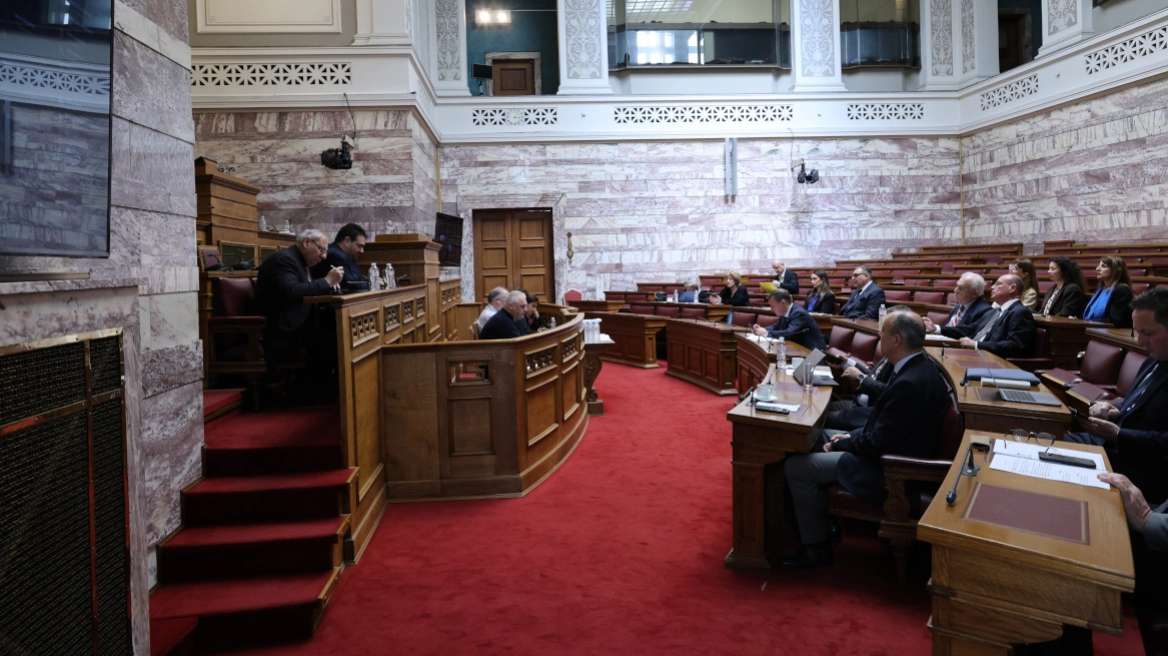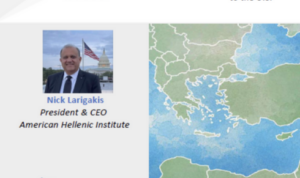Whether Hassan Nasrallah, Hezbollah’s de facto military and political leader, is buried in the rubble of the building destroyed by Israeli missiles in southern Beirut is a fact that may take days of investigation to confirm. The magnitude of the strike makes it difficult to identify the dead, who, like Hezbollah’s fortress-like building, were obliterated. Whether Nasrallah is dead, and if Hezbollah is now “leaderless,” is just one part of the issue. The question of why Israel chose to decimate Hezbollah’s leadership doesn’t require much analysis; however, what Tel Aviv’s ultimate goal is, is the current focus.
⚡️BREAKING: Over 20 different violent airstrikes by “Israel” all around the suburbs of Beirut, Lebanon.
— Suppressed News. (@SuppressedNws) September 27, 2024
This is a massacre being committed while the world remains silent. pic.twitter.com/5GW4TzkgrZ
A Hezbollah without leadership isn’t a “defeated” enemy for Israel’s military, intelligence, or political leadership. In the past two weeks, Israel has delivered precise strikes inside Lebanon, clearly informed about Hezbollah’s movements. While a “leaderless” Hezbollah gives Tel Aviv a clear advantage, it also creates a third, more distant threat—this time not from neighboring borders. After Nasrallah’s elimination, Iran has no choice but to engage openly in the war. Tehran not only loses its influence through Hezbollah in regional affairs but also places itself in Israel’s direct crosshairs.
Beirut tonight.
— sarah (@sahouraxo) September 27, 2024
It’s a massacre.
And the “international community” watches in silence.
pic.twitter.com/5fnBHH5HZs
Sources from Israel’s Ministry of Foreign Affairs told protothema.gr that from the outset, Israel decided to eliminate Hezbollah in a record time compared to the 11-month “Iron Swords” operation, which effectively flattened the entire Palestinian enclave in Gaza. Israel’s rapid execution of this plan aims to force Tehran into one of two options: war with Israel or a deal to “freeze” the permanent state of conflict (casus belli).
An emergency military council, convened under Iran’s Supreme Leader on Friday night, leaves no room for misinterpretation. Although Iran’s new president, Masoud Pezeskian, is seen as moderate, the regime in Tehran is expected to react. The Revolutionary Guards, Iran’s elite semi-autonomous military force, have made it clear that their weapons are all pointed at Tel Aviv. However, for Iran, a confrontation now risks losing its unique military and political advantage: its nuclear program.
When Israel carried out a surprise attack near uranium enrichment facilities in Isfahan last April, many, including Israeli media, viewed it as a symbolic gesture. Now, with the full spectrum of Israeli operations unfolding, it seems that strike was just another move in Tel Aviv’s strategy. If Iran engages in a full-scale war with Israel, it must carefully study how Israel eliminated Hamas’ leader in Tehran and dismantled Hezbollah before it suffers a similar fate.
Israel clearly has a plan for every move Tehran might attempt. However, this raises questions about the “sleep” Israel was in on the morning of October 7, when Hamas slaughtered more than 1,000 Israeli civilians.
Whatever the outcome, the long-anticipated war between the major players of the crisis, the one both nations have heralded for decades as the destruction of the “ultimate evil” and the elimination of the “greatest threat,” is closer than ever in the 76-year history of Israel.
Ask me anything
Explore related questions





